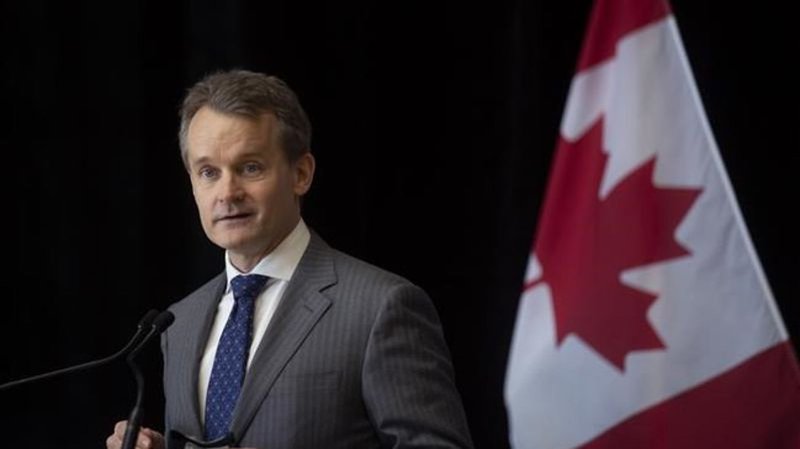
Federal NDP, unions happy Liberals will include strikes in anti-scab law
OTTAWA — Including striking workers in a proposed anti-scab bill was a “major component” of negotiations while hashing out a confidence and supply agreement with the Liberal government, according to the NDP.
The deal promises to introduce a new law by the end of next year that would ban the use of replacement workers — also known as “scabs” — if unionized workers in federally regulated sectors are locked out or on strike.
“It’s a huge win,” said Matthew Green, the NDP’s deputy labour critic.
“The use of importing replacement workers … completely undermines the democratic principles of having unions and collective bargaining.”
